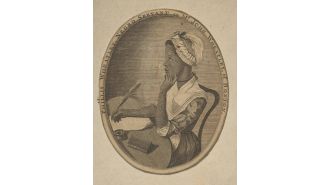Who invented the computer?

It is very hard to say. We had a collection of people who made many discoveries and kept improving on previous ideas. It is hard to point to one person – whether it is Alan Turing or John Von Neuman or Grace Hopper or even the OGs Charles Babbage and Ada Lovelace – and call them the inventor of the computer.
This is the case with many great inventions. Even inventions like the radio or the telephone don’t have one clear inventor. Even if individuals like Alexander Graham Bell and Guglielmo Marconi have gotten the credit, the reality is that they simply bested somebody else from filing the invention in the patent office first.
This is what is intriguing about inventions in general. At some point, all the prevailing science makes an invention possible. Very few inventions – if any – wouldn’t have happened if the “sole inventor” who got the credit wasn’t around. There are always a series of people who are pushing the frontiers of science and inventing the future. The idea of the single inventor is nothing but a myth.
Then again, invention alone does little to drive positive impact. The many minds who compete and collaborate to commercialize an invention and drive widespread adoption deserve just as much credit (if not more in some cases).
“Who invented the computer?” is thus a question that doesn’t matter. If we seek to celebrate innovations, we must celebrate the many unsung heroes who made it possible.
If we seek to innovate ourselves, our goal must be to simply obsess about a problem and keep using the tools available to create the best possible solutions.
In time, good things follow.






